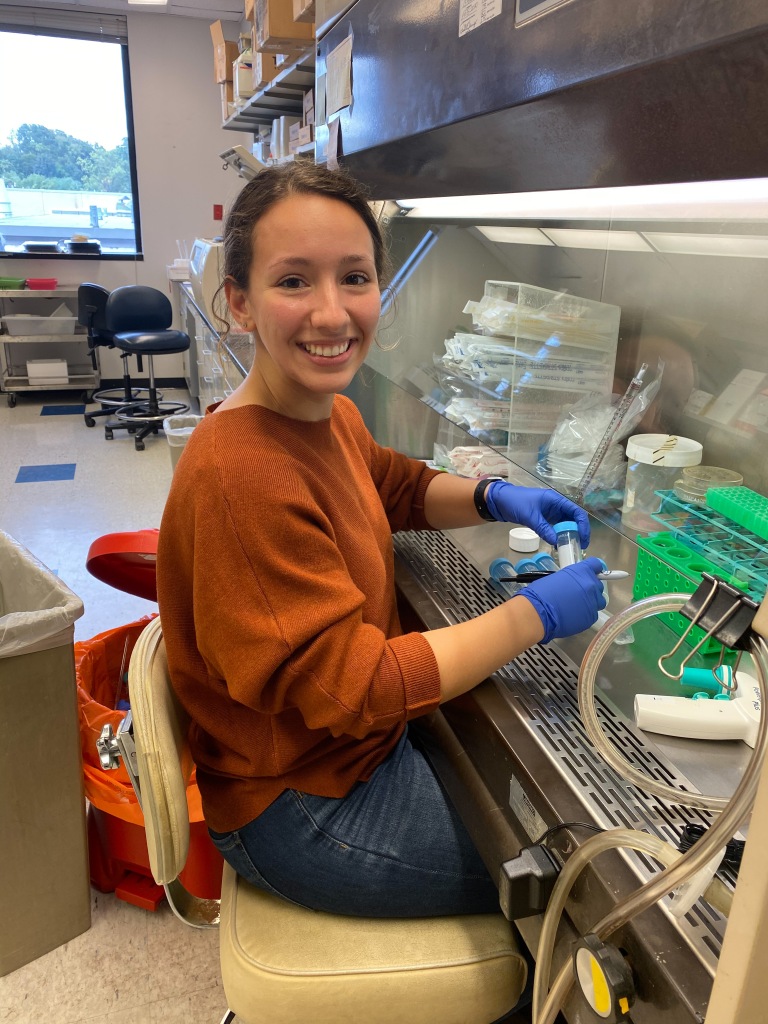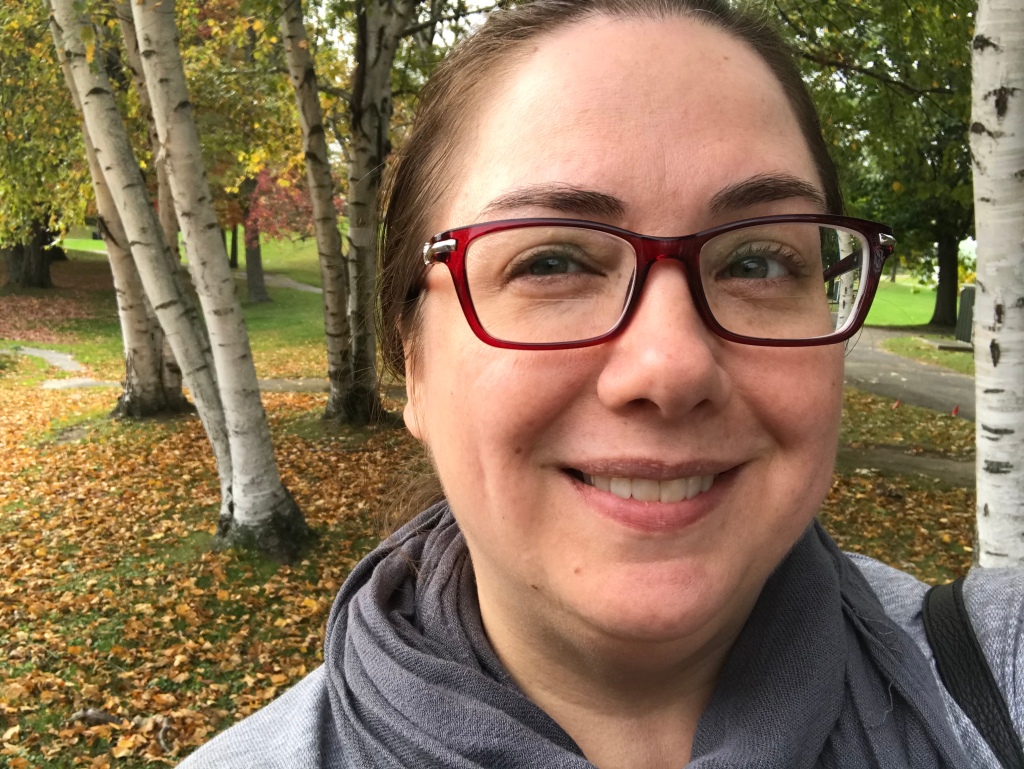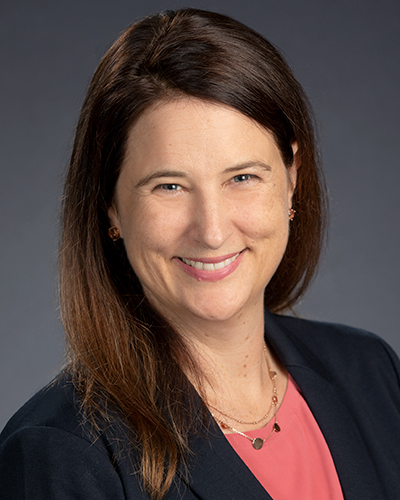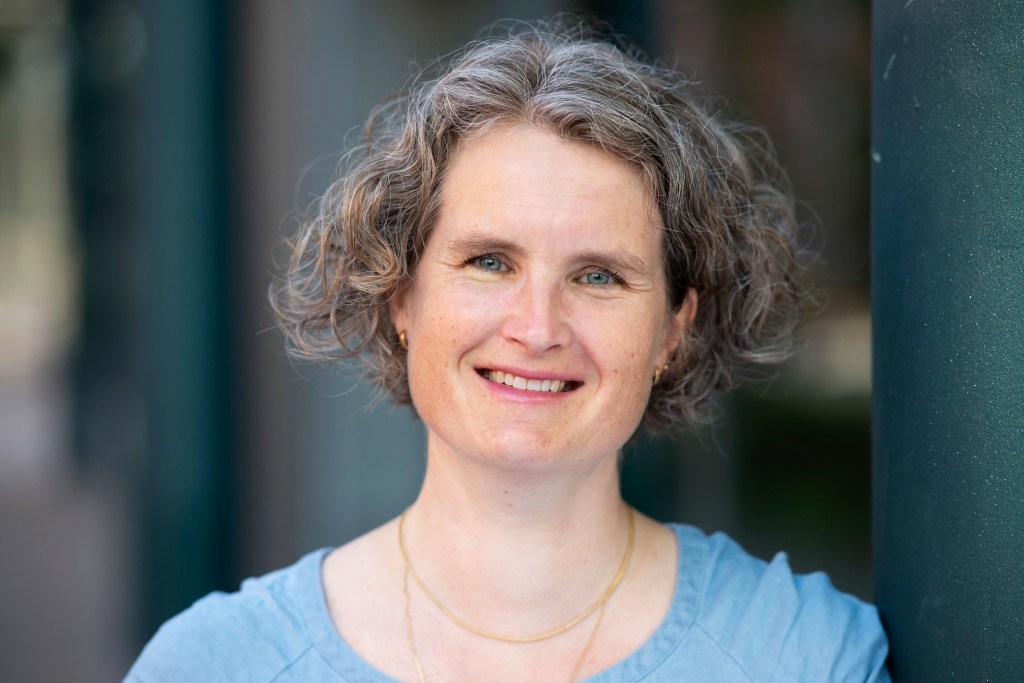
- Name: Nora Duggan
- Current title: PhD student
- Location: Department of Linguistics, Stockholm University
- Field of expertise: Linguistics
- Twitter: @nkduggan
Tell us about your background
I grew up with deaf parents and a deaf sister so I was very fortunate to be able to use Irish Sign Language (ISL) at home. One of my favourite memories is my father telling his versions of classic stories such as Three Little Pigs and Red Riding Hood through ISL, which was WAY more fun than reading from the books.
I attended an all-girls deaf school in Dublin. My generation saw the shift from oralism and all hearing teachers on our first day of school, to a growing number of deaf teachers and an acceptance of using ISL in the classrooms. During my school years, most of my teachers did not teach using ISL; but toward my final year I could feel the attitude shift among the teachers from not caring about whether we could understand them if they spoke, to feeling guilty that they had not learned ISL earlier. This was major, considering that my mother, who attended the same school, was punished severely whenever she signed.
The two deaf schools in Dublin were an all-boys school and an all-girls school. My mother, my sister and I attended the girls’ school and my father attended the boys’ school. An interesting history about Irish Sign Language is the use of gendered signs. Because the schools were separate based on gender and there was very little interaction between their pupils, these schools had numerous different signs, sometimes even to a point where it impaired the ability for deaf people of different genders to understand each other (see Le Master, 1997 for more on this). This meant that my mother and my father had different versions of some ISL signs in our household based on their gender, although it must be said that my father used more of the women’s version of ISL signs as there are three women in our family. Truth be told, I had not really appreciated the uniqueness of the language situation in my family until I started my PhD in Linguistics.
How did you get to where you are?
I have a BA degree in Geography, with a focus on Human Geography. My interests during my undergraduate years were the influences of the outside environments on deaf communities and how the communities embraced and/or resisted changes from external influences. I used to want to be a teacher, but during my undergraduate years, I realised that I loved research and wanted to continue doing research, so I decided to apply for a postgraduate course. Because of my interests in the dynamics of deaf communities, I took a MA degree in Community Education, Equality and Social Activism. My research focused on the relation between the Irish deaf community and the ISL recognition campaign; e.g. the deaf community’s access to information provided by the campaigners and whether they understand what the consequences may potentially be once ISL was recognised by the state (which it is now).
I was very fortunate to have a deaf friend who was a PhD student herself. We met up for coffee and I told her I was thinking of pursuing a PhD. She told me to take a break in between my MA studies and my PhD studies to explore what was out there. Looking back on this, I appreciate this advice so much. In the five years gap, I’ve worked in different governmental agencies, advocated for deaf rights and even moved to a different country and learnt two new languages. Because of my experiences, I have a new appreciation for language studies which got me to where I am today, researching multilingualism in deaf migrants in Sweden!
What is a professional challenge you have faced related to your deafness? How have you mitigated this challenge?
During my BA and MA, I tended to work alone the majority of my time and did not really seek the advices of my supervisors. This was for several reasons. The main reason was that it was difficult to get interpreters for either short or spontaneous meetings so I either had to speak with my supervisors or write to them. The second reason, particularly during my Masters, was that I found that I was constantly explaining how the deaf community works, how sign languages work, why certain terms were either appropriate or not appropriate and why I did not choose a particular theory that my supervisor thought would suit the topic best. I felt that the constant explanations ate up supervision time, and left no time to be mentored, so I avoided meeting my supervisor the rest of my Masters. Looking back on my thesis, even though the topic was really interesting, I felt that the lack of mentorship showed in my writing. I also had severe imposter syndrome, which meant that I was afraid to ask her simple questions in case I was seen as that deaf student that did not know anything.
My principal supervisor for my PhD is a deaf signer herself and this helps me immensely not only in dealing with imposter syndrome (I can ask her simple questions without feeling ashamed), but I’ve also learnt that a supervisor is meant to act as a mentor that guides me in my writing and advises me on a wide array of areas. My PhD has been an incredibly emotional journey of reflecting on my past, especially on my school years. For this, I am forever grateful to my current supervisor!
What advice would you give your former self?
Build up a network of deaf students where you can share tips, or even just rant about barriers you’re facing.
Working in Stockholm University where there is a great number of deaf colleagues, I am grateful that I have the opportunity to just rant to others about silly things that we as deaf people often have to face in the university world and I can get advice in how to navigate certain obstacles.
Any funny stories you want to share?
Learning new languages is exciting, especially when you have opportunities to use these new languages. This was the case for me when I moved to Sweden. I have not had the opportunity to use French outside of French classes at school so it was incredibly exciting for me to be able to use Swedish outside of the classroom. However, in order to improve my Swedish, I must use it every day even when I felt that I was not “good enough” in the language. The ä, å and ö letters were difficult for me to differentiate and unfortunately for me, some words can have an entirely different meaning with an ‘ä’ in it than an ‘a’. I’ll give you a real-life example! A common way to sign off an email is “med vänlig hälsning” (“with friendly greeting” would be a direct translation). When I started my job as a civil servant at the local council, there were numerous times I wrote “med vanlig halsning” (“with normal greeting”) … I can just imagine the faces of the politicians reading my emails that signed off with a ‘normal’ greeting!
Reference:
Le Master, B. (1997) Sex differences in Irish Sign Language. In J.H. Hills, P.J. Mistry & L. Campbell (Eds.) Trends in Linguistics. Mouton De Gruyter. Available at this link.









